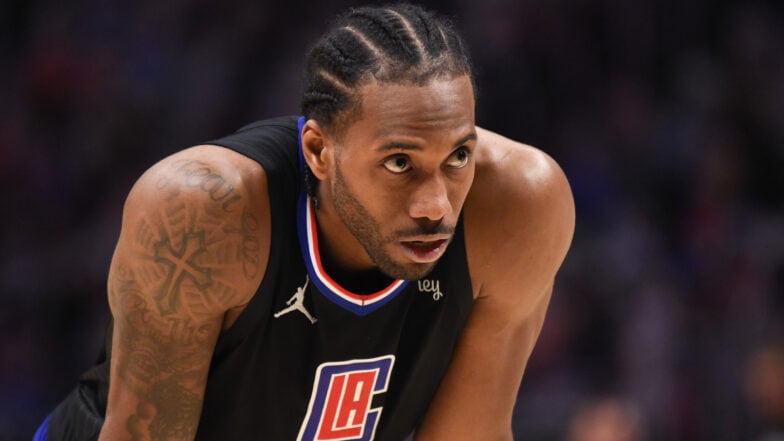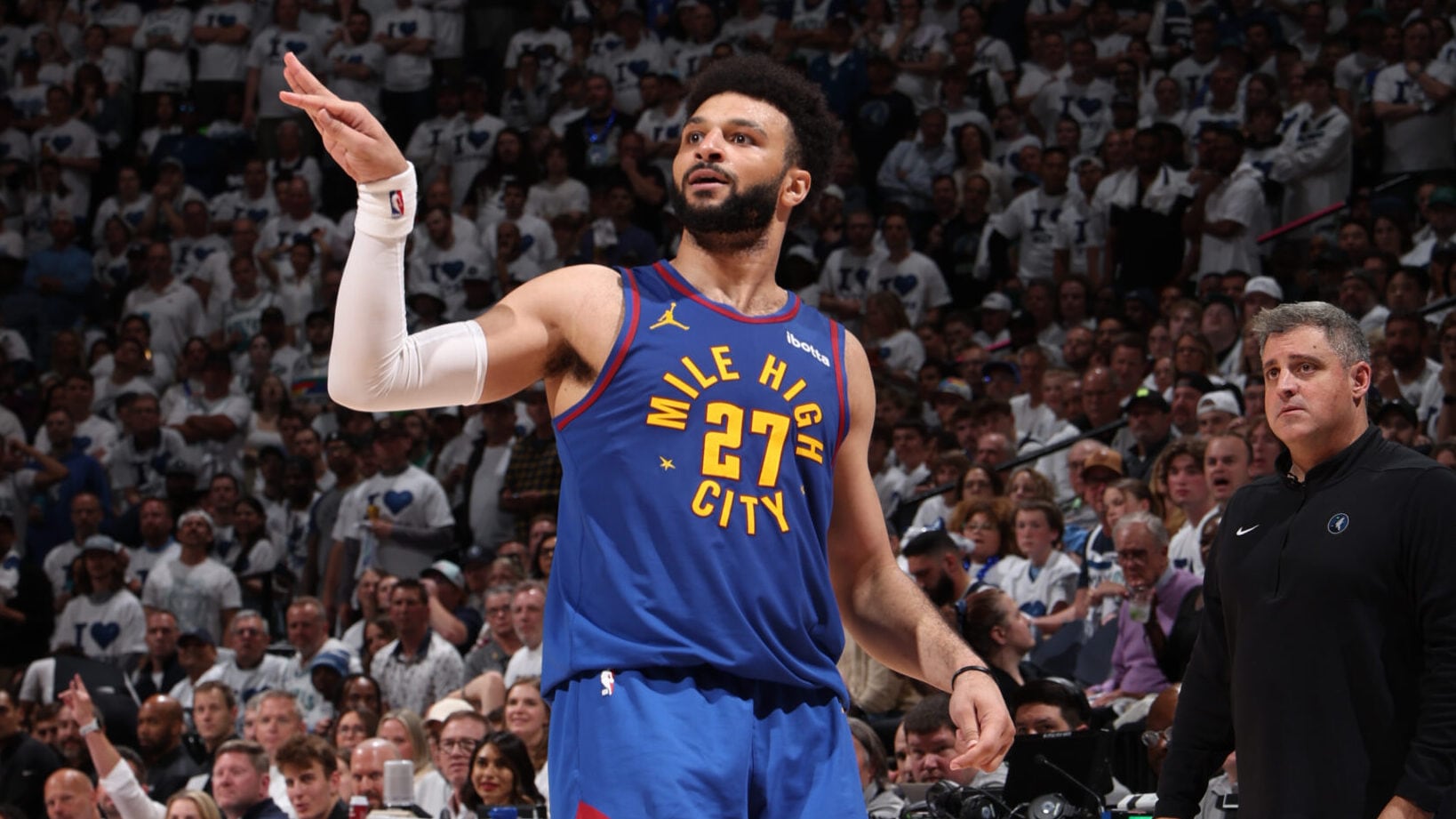
RotoWire’s injury expert, Jeff Stotts, breaks down the biggest injuries impacting the fantasy basketball landscape as the start of training camp approaches.
The No. 2 overall pick in the 2022 NBA Draft will miss the entire season after suffering a Lisfranc injury to his right foot during a recent pro-am game.
The midfoot is comprised of five tarsometatarsal joints that are formed where the metatarsal bones of the foot articulate with four specific tarsal bones. The linchpin of these five articulations is the second joint that is fortified at its base by a ligament known as Lisfranc’s ligament. The Lisfranc ligament can be sprained and in some extreme cases dislocate or tear away a small piece of bone creating a fracture.
Lisfranc injuries are relatively uncommon in the NBA, though Miami’s Udonis Haslem did sustain the injury during the 2010-11 season. He underwent surgery to address the ligament tear and missed 170 days recovering. It is worth mentioning that Haslem’s return to the court was complicated by the development of a pulmonary embolism that required hospitalization.
Examining NFL players to sustain Lisfranc injuries may provide better insight to Holmgren’s recovery. A 2016 study examining the injury in NFL athletes placed the average return-to-play timeline at 11.1 months.
Holmgren will undergo surgery, but he did not suffer a fracture. Given time to complete the rehab protocol, the Thunder big man should be ready to go for the 2023-24 season and should retain plenty of fantasy value in dynasty formats.
The big man is also slated to miss time with a foot injury of his own. Jackson’s offseason injury was described as a stress fracture though the exact bone involved remains unclear. Surgery was performed in late June and the initial estimates put Jackson out for four-to-six months.
Unfortunately, Jackson has displayed a proclivity for injury in his young career and has missed a total of 99 games since joining the league in 2018. The Grizzlies have also historically handled his recovery conservatively, meaning a return on the latter end of the estimated timeline should be expected. Furthermore, stress injuries can reoccur, further elevating his level of injury risk. Look for him to return to action sometime around Christmas.
The Bulls guard underwent a debridement on the problematic left knee that cost him 10 games last season. He battled swelling and soreness for most of the second half of the season and had the knee drained and received a lubricant injection. Surgery was needed to remove the root of his issue, likely scar tissue or a loose body.
With the irritant removed, LaVine should be able to move past the injury and enter the year ready to return to an All-Star level of play. His injury history should be included in his draft day value, but he will remain a viable fantasy option.
The veteran forward was one of eight players to miss all 82 games last season due to injury. Leonard was sidelined with a torn anterior cruciate ligament (ACL) in his right knee, sustained in the 2021 postseason. Leonard has a lengthy history of injuries, including quadriceps and knee issues. Los Angeles slow-played his recovery to ensure his long-term health but will likely continue to limit his regular-season workload. Leonard should be far enough removed from the injury to return to his previous level of play, though anyone drafting the two-time Finals MVP shouldn’t expect him to play more than 65 games.
Lillard finally opted for surgery on a lingering abdominal injury after struggling for a majority of the year. The Blazers guard missed the final 46 games of the regular season after undergoing a surgical repair for an abdominal tendinopathy.
Fortunately, these procedures have a high success rate, and it should once again be Dame Time in Portland. Opportunistic fantasy managers may be able to take advantage of the situation if others let Lillard slip too far. Prior to last season, he was one of the most consistent performers in all of fantasy basketball for most of the past decade.
Middleton missed Milwaukee’s final 10 postseason games with a Grade 2 sprain of the medial collateral ligament (MCL) in his left knee. Fortunately, MCL sprains are capable of healing without surgical intervention and Middleton’s knee should no longer be a concern.
However, Middleton did end up going under the knife during the offseason, requiring surgery to repair a torn ligament in his left wrist. The timing of the surgery should allow him to be ready for the start of the regular season, but look for the team to limit his preseason action.
Like Leonard, Murry was sidelined last season by an ACL tear. He should be ready to take part in training camp, though he may experience some minor struggles to begin the year. Studies show a return to previous levels of performance often don’t occur until the second season back from injury. Murray still has top-50 potential this season, but it’s been a longer-than-expected road back for the Kentucky product, so fantasy managers should exercise some level of caution.
The Kevin Durant trade request overshadowed Simmons’ positive progression through rehab. Simmons has yet to appear in a Nets uniform since joining the team via trade at last year’s deadline. He underwent back surgery in May – specifically an L4-L5 microdiscectomy.
In the procedure, pieces of a lumbar disc causing the impingement in his lower back were removed. He was cleared to resume three-on-three basketball activities and is on track to be an active participant in training camp. However, back surgeries can be complicated with players often reporting subsequent symptoms like spasms, soreness, or nerve pain. Additionally, roughly 30% of NBA players to undergo the procedure required a secondary surgery. As a result, Simmons will be a high-risk, high-reward player on draft day.
Karl Anthony Towns, Timberwolves
Towns was named to his third All-Star team last season, finishing the year as a top-10 fantasy player. Following the conclusion of the season, KAT underwent PRP and stem cell injections in multiple joints, including his wrist, ankle, ring finger, and both knees.
PRP and stem cells injections use samples derived from an athlete’s blood or, occasionally, fat. Components of the sample are broken down and re-injected at the injury site in hopes of naturally boosting the body’s own healing processes. Towns should be fully healed in time for training camp and should sit in the first round of most draft boards.
Despite missing the entire 2021-22 season with a Jones fracture in his foot, the Pelicans signed Williamson to a lucrative contract extension in the offseason. Williamson has appeared in just 85 games since being drafted three seasons ago as injuries to his knee and foot have limited his potential.
Concerns about his fluctuating weight have also factored in, though New Orleans feels comfortable assuming the associated risk. Fantasy managers will also need to consider the inherent risk in investing in Williamson and shouldn’t be surprised if he receives routine days off throughout the season.









